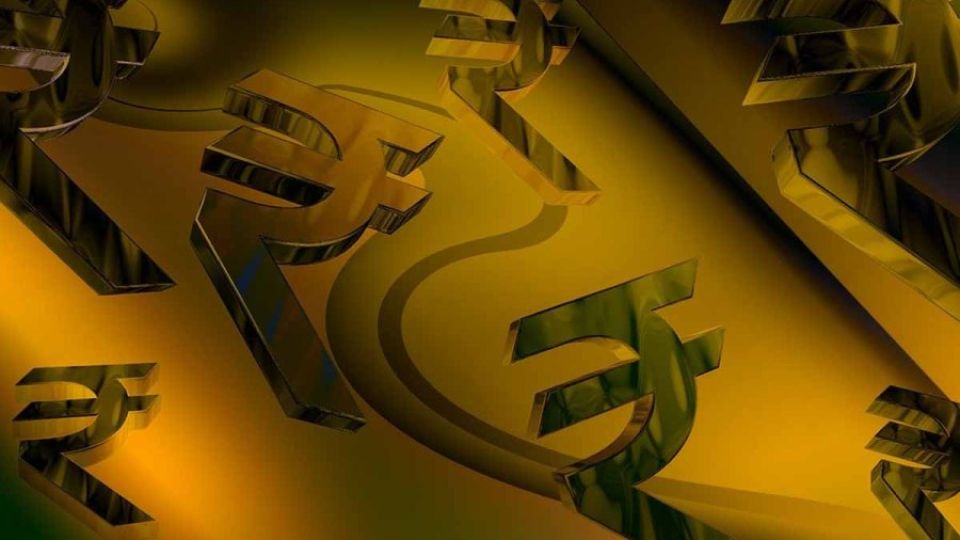August 22, 2023
NEW DELHI – In a significant step towards uplifting the Rupee as a trade instrument in the international market sidelining Dollar, India traded with the United Arab Emirates (UAE) in the Indian currency for oil purchases.
Under this landmark transaction, Indian Oil Corp purchased one million barrels of oil from the Abu Dhabi National Oil Company using Indian Rupees instead of the US dollar.
This move was a follow-up to another notable move where a UAE gold exporter sold 25 kg of gold to an Indian buyer for approximately Rs 12.8 crore ($1.54 million) in a similar currency-to-currency exchange.
Earlier this year, New Delhi signed an agreement with Malaysia that paves the way for trade in Indian rupees.
Experts predict that in the coming future, India could lift up its trade with South Asian countries like Sri Lanka and Bangladesh in Rupee as these countries are grappling with a shortage of dollars.
Coming against the backdrop of the Russia-Ukraine war, the rising global prices of oil and food have put pressure on many countries’ foreign exchange reserves, especially the Southeast ones.
As per reports, Sri Lanka defaulted on its foreign debt last year after its foreign exchange reserves plunged amid an economic crisis while Bangladesh’s dollar reserves have fallen to their lowest level in six years.
The impact of the Dollar is not only restricted to a particular region but across the developing world, many countries are fed up with America’s dominance of the global financial system.
Reports have suggested that member countries of the BRICS bloc of Brazil, Russia, India, China, and South Africa will meet with other emerging economies in Johannesburg, South Africa this week to discuss the alternative of the Dollar.
At a meeting of BRICS foreign ministers in June, South Africa’s Naledi Pandor said the bloc’s New Development Bank will seek alternatives to the current internationally traded currencies.
A major crisis that comes for developing economies while dealing with the Dollar is the rapid fluctuations.
For instance, a rising Dollar can cause chaos abroad by drawing investment out of other countries. And in such cases, it increases the cost of repaying loans denominated in dollars and buying imported products, which are often priced in dollars.
The implications of these transactions have prompted discussions about the potential impact on the global standing of the U.S. Dollar.
Trade in Rupee, replacing Dollar, was not an overnight move by India. It was well planned and an economically sound move crafted very well by the experts.
It is not just Western sanctions on Russia that accelerated the trend to circumvent the dollar, but the strength of the currency in the past year has also posed a challenge.
Last year, the Reserve Bank of India introduced a new framework to settle global trade using the Indian rupee. In the follow-up of this move, last month, the world’s largest oil importers, established two agreements with the UAE.
It is to be noted that India does not earn enough Dollars because it runs a trade deficit as it imports more than exports.
Since the economy is rebounding, imports are rising, putting pressure on the Indian rupee and making it depreciate sharply against the Dollar.


